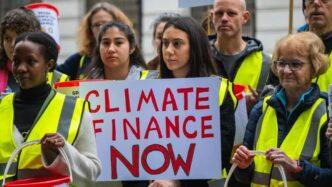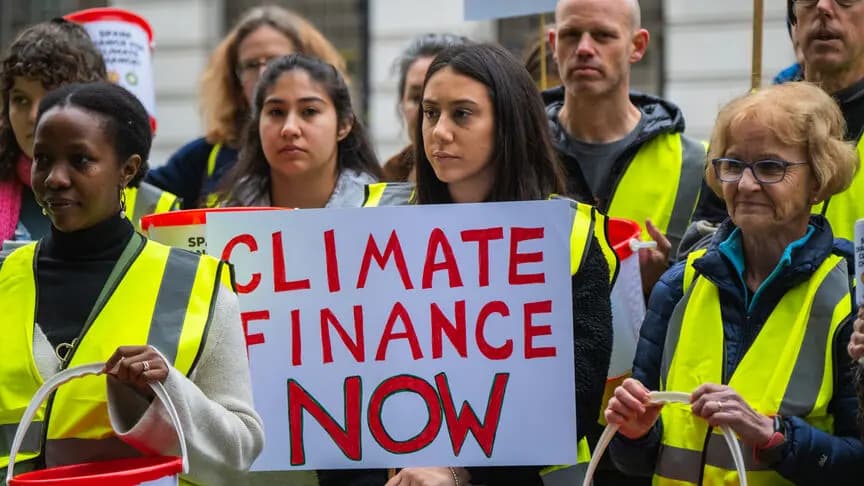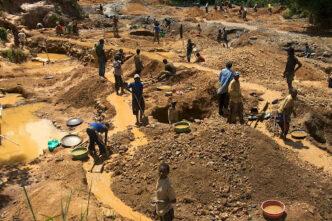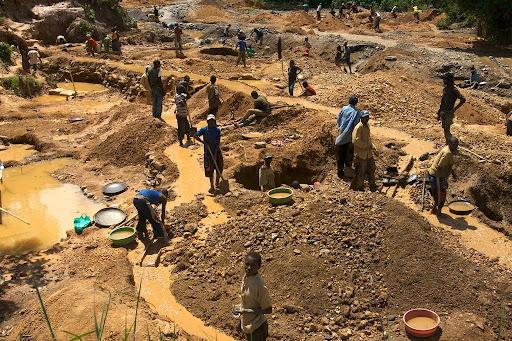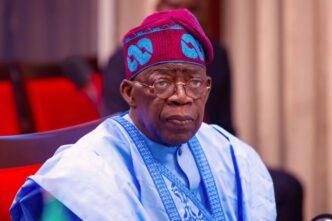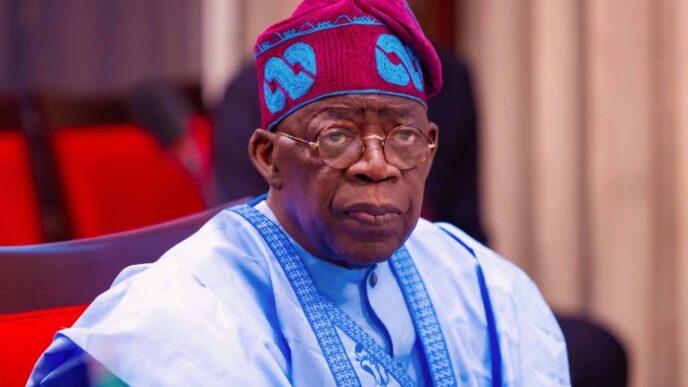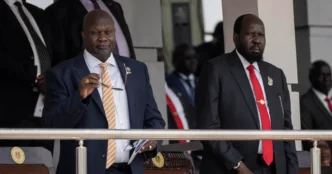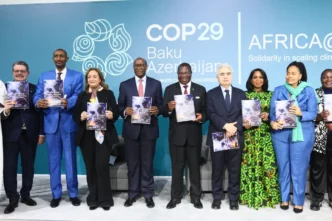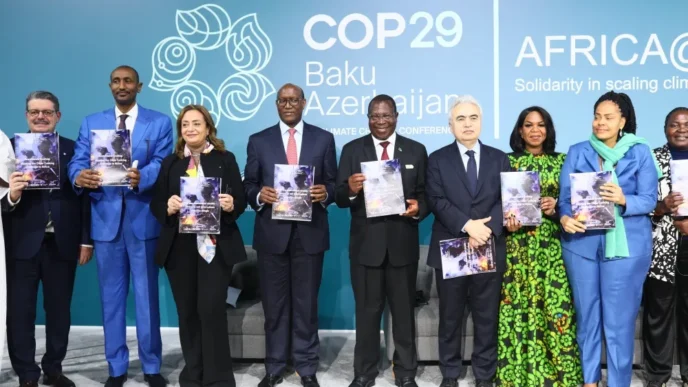As COP29 unfolds in Baku, Azerbaijan, tensions are mounting outside the venue, with protestors calling on wealthier nations to pay their fair share in climate finance.
About 50 demonstrators gathered this morning, urging developed countries to address their historical responsibility for greenhouse gas (GHG) emissions and fund climate solutions that won’t saddle the Global South with more debt.
Representing ActionAid International, activist Teresa Anderson voiced the deep frustration of Global South communities who, despite contributing minimally to the climate crisis, bear the greatest burdens. Anderson stated, “It’s the global South that are paying for the floods… for the droughts… rising sea levels… and they’re trying to adapt to future impacts.”
She further criticized the reliance on loans disguised as climate finance, which leaves already debt-ridden countries with little capacity to adopt green technologies. “It’s really important that rich countries stop trying to prop up the global South with yet more loans or private investment… pretending that is climate finance,” she said.
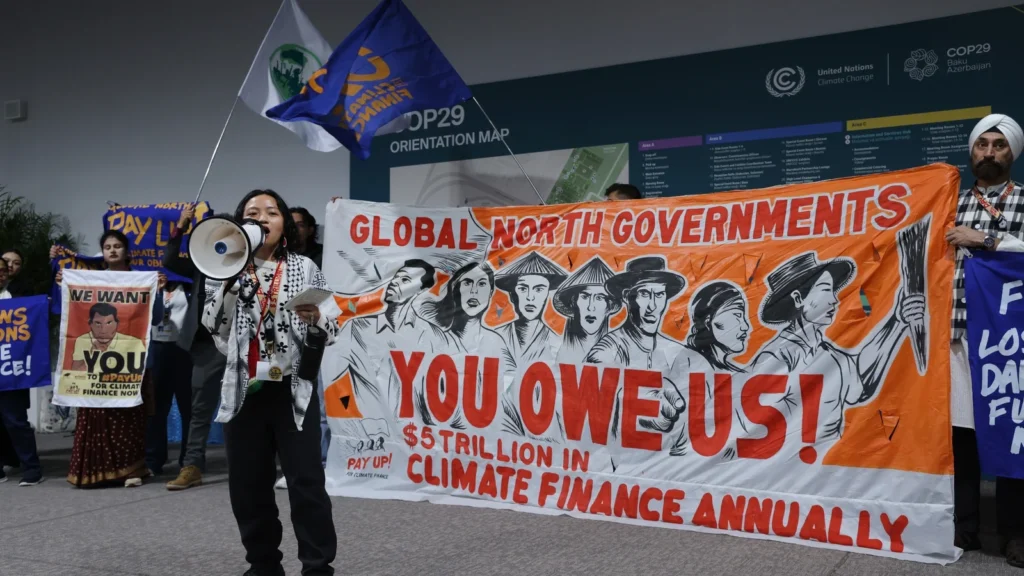
The protest centered around issues of “climate colonialism” and “climate apartheid,” terms activists use to highlight how wealthy countries push their climate solutions onto poorer nations—often to the detriment of local communities. Climate colonialism, for instance, refers to the way affluent nations invest in renewable projects like reforestation in the Global South, sometimes displacing indigenous communities.
Meanwhile, climate apartheid underscores how wealthier nations’ greater resources give them a significant advantage in adapting to climate change, while poorer countries struggle with devastating floods, droughts, and rising sea levels.
As COP29 negotiators discuss “loss and damage” funding, protesters demand substantial contributions to help vulnerable countries adapt to climate impacts. While the establishment of a Loss and Damage fund at last year’s COP28 was celebrated, only $700 million has been pledged—just a fraction of the estimated $580 billion needed by 2033.
Will this COP finally deliver a just climate finance solution that includes and prioritizes the voices of those most impacted?
